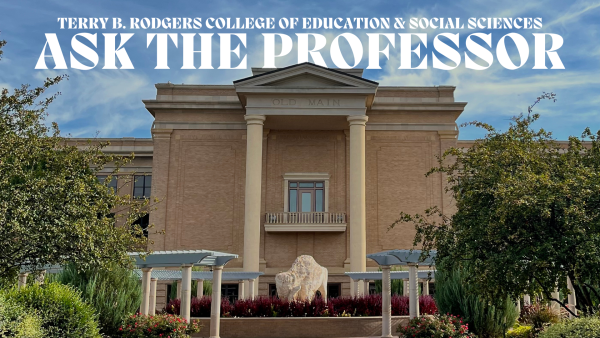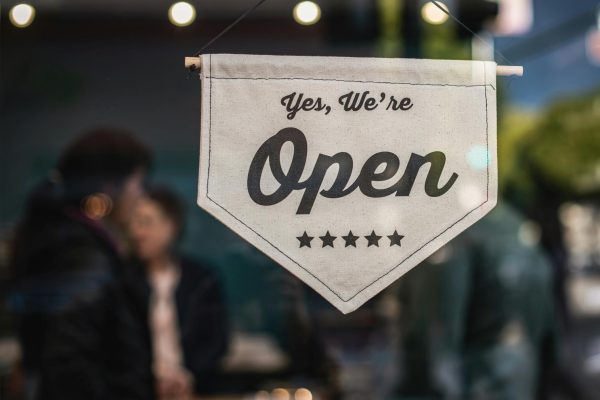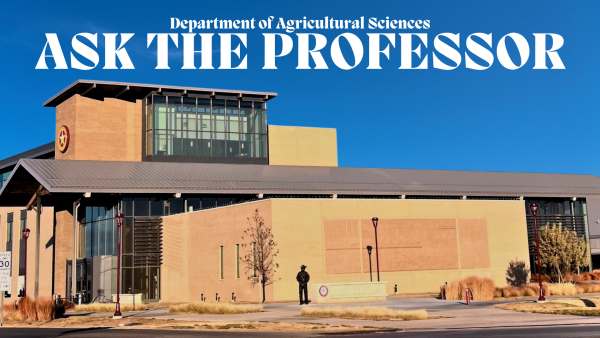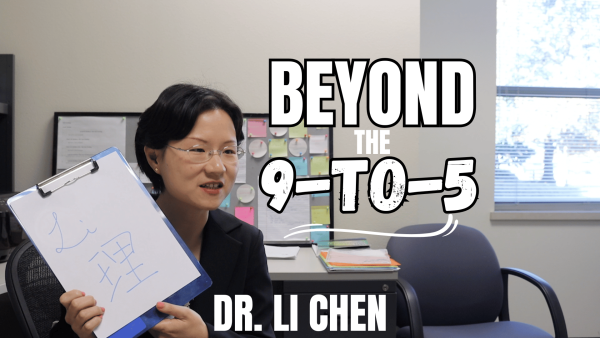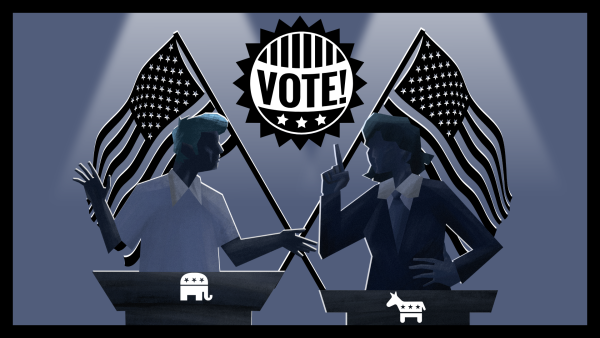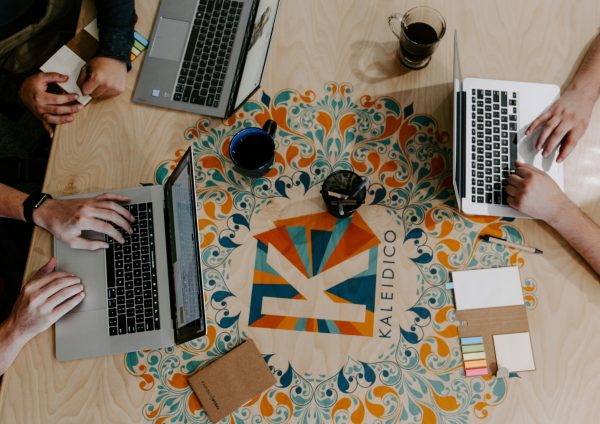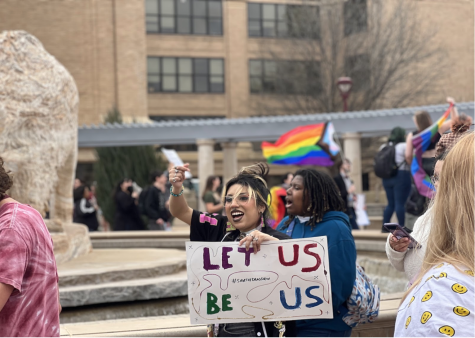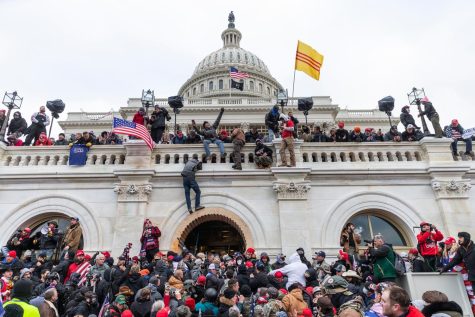Red, white and you: The information age
The digital age is upon us, and with knowledge, comes power. The power media holds is strong with the youth. According to Common Sense, 54% of teens get their news from social media platforms. That’s more than half of teenagers ages 13 to 19.
“Keep your eyes open. Social media can be helpful, it can be harmful. You just always have to take everything you see on social media with a grain of salt,” Bivins Professor of Political Science Dave Raush said. “If you see that you don’t have time to check it for yourself, don’t believe it.”
A lot of articles are biased, so researching the articles you read are important. There are many types of media outlets and political parties they host.
“This is America. Everybody’s supposed to be different,’’ Raush said. “There are many countries where, you know, unless you are of a certain ethnic group, or unless you have a certain income standard, you can’t vote, you’re not allowed to vote.”
Voting is a part of being a citizen. Yet, this privilege is not granted to everybody in the world.
“Everyone’s responsibility as a citizen of this country is to be politically active, to know what you’re voting for, and you should be voting,” Semone Armstrong, a sophomore corporate communications major who will be voting for the first time in November 2020 said. “You can’t get mad about things if you’re not actively voting.”
Many students like Armstrong are involved in political clubs on campus; another way to stay informed. But being informed is not the only solution. Not only can students join clubs and start their own political campus organizations, they can also be a part of online forums and join political discussions. These organizations allow members to stay updated on current policies and keep the mind fresh.
“It keeps me more well informed,” Armstrong said. “It provides me a place on campus where I can get information about the candidates and form my own opinions…But on the other side, it does make me a bit more biased, because I’m only a part of that club. So I only see the Democratic Party and the Democratic argument.”
Having people who think differently come together can be powerful. Information when backed up can be used to uphold passion.
“I think my peers are very informed,” Armstrong said. “People have a lot of passionate opinions, but not information to back it up… There is a problem with people not truly knowing what they’re supporting.”
Even when educated, some may still be confused on where to stand.
“Let’s say, my friends of color, they are completely against Donald Trump. But my white conservative parents think Donald Trump is the best thing that ever happened to this country,” Perkins said. “It kind of makes me feel like I’m in the middle.”
Thinking for yourself in the digital age is no easy task, but students across the nation are gathering to make sure their peers are informed. On Thursday, September 12, a watch party was held for the Democratic Debate in Legacy Hall, Jack B. Kelly Student Center. People of all parties joined and were able to gain more insight into the nature of next year’s election.



